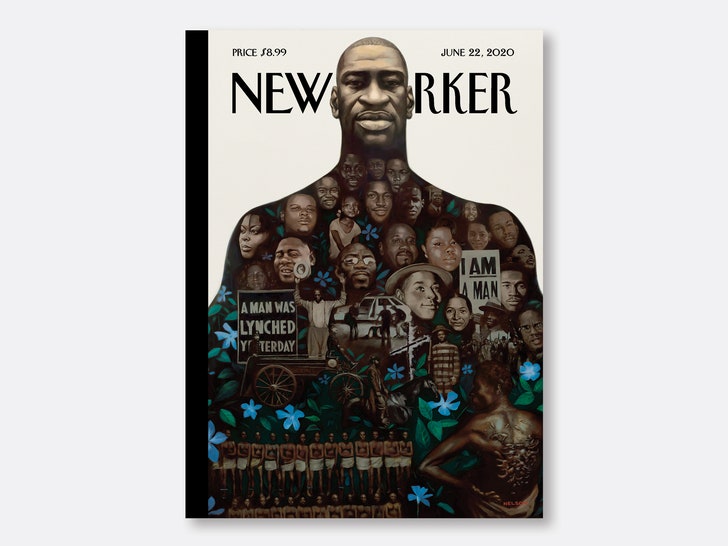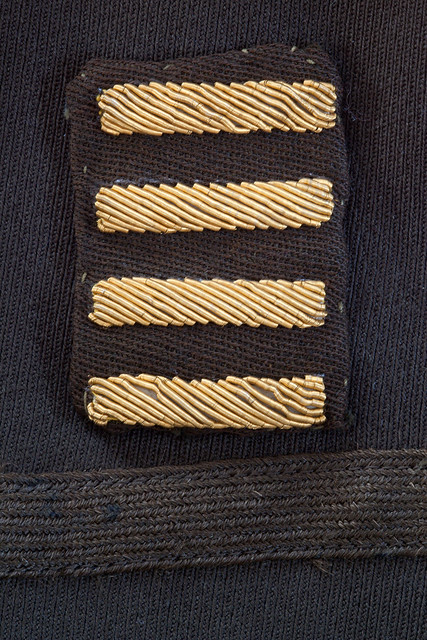Medgar Wiley Evers (July 2, 1925 – June 12, 1963) was an
American civil rights activist in Mississippi, the state's field secretary for the
NAACP, and a
World War II veteran who had served in the
United States Army. He worked to overturn
segregation at the
University of Mississippi, end the segregation of public facilities, and expand opportunities for African Americans, which included the enforcement of
voting rights.
A college graduate, Evers became active in the
Civil Rights Movement in the 1950s. Following the 1954 ruling of the
United States Supreme Court in
Brown v. Board of Education that segregated public schools were unconstitutional, Evers challenged the segregation of the state-supported public University of Mississippi, applying to law school there. He also worked for voting rights, economic opportunity, access to public facilities, and other changes in the segregated society. Evers was awarded the 1963 NAACP
Spingarn Medal.
Evers was assassinated in 1963 by
Byron De La Beckwith, a member of the
White Citizens' Council in
Jackson, Mississippi. This group was formed in 1954 in Mississippi to resist the
integration of schools and civil rights activism. As a veteran, Evers was buried with
full military honors at
Arlington National Cemetery.
[2] His murder and the resulting trials inspired civil rights protests; his life and these events inspired numerous works of art, music, and film.
All-white juries failed to reach verdicts in the first two trials of Beckwith in the 1960s. He was convicted in 1994 in a new state trial based on new evidence.
Medgar's widow,
Myrlie Evers, became a noted activist in her own right, serving as national chair of the NAACP. His brother
Charles Evers was the first African American to be elected as mayor of a city in Mississippi in the post-Reconstruction era; he won the office in 1969 in
Fayette




















































